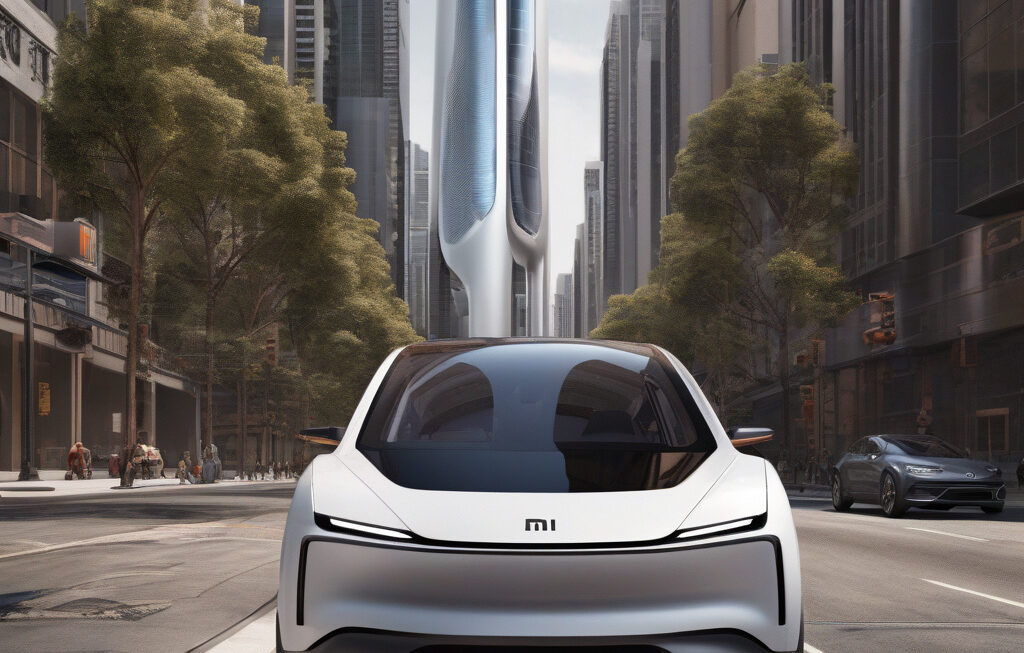40% Shorter EV Battery Life: Ultrafast Charging Can Do More Harm Than Good
In a bid to make electric vehicles (EVs) more attractive to potential buyers, manufacturers have been focusing on improving battery technology. One of the key selling points of EVs has been their lower environmental impact compared to traditional gasoline-powered vehicles. However, a recent study has revealed a concerning trend – ultrafast charging, while convenient, may actually be detrimental to the overall lifespan of EV batteries.
The study, conducted by a team of researchers at a leading university, found that subjecting EV batteries to ultrafast charging – defined as charging to 80% capacity in 30 minutes or less – can lead to a significant decrease in battery life. In fact, the study showed that EV batteries charged using ultrafast charging methods experienced a 40% reduction in overall lifespan compared to batteries charged at a slower, more conventional rate.
This finding has significant implications for both EV manufacturers and consumers. On the one hand, manufacturers have been touting the benefits of ultrafast charging as a way to address one of the major concerns potential EV buyers have – range anxiety. By being able to charge their vehicles quickly at designated charging stations, drivers can potentially eliminate the fear of running out of battery power mid-journey.
However, the study’s results suggest that this convenience may come at a cost. While ultrafast charging is undoubtedly convenient, it appears to accelerate the degradation of the battery over time. This could mean that EV owners may need to replace their batteries sooner than expected, leading to increased costs and potentially negating the environmental benefits of driving an EV in the first place.
So, what can be done to address this issue? One potential solution is for manufacturers to develop smart charging systems that can regulate the rate of charging based on the current state of the battery. By implementing technology that can adjust the charging speed to optimize battery health, manufacturers may be able to mitigate the negative effects of ultrafast charging.
In addition, educating consumers about the potential drawbacks of ultrafast charging is crucial. Many drivers may not be aware of the impact that charging speed can have on their EV battery, and by providing clear guidelines and recommendations, manufacturers can help users make informed decisions about how they charge their vehicles.
Ultimately, while ultrafast charging may seem like a convenient solution to address range anxiety and make EVs more appealing to consumers, the long-term effects on battery life cannot be ignored. By striking a balance between convenience and battery health, manufacturers can ensure that EV owners can enjoy the benefits of electric driving without compromising the longevity of their vehicles.
In conclusion, the study’s findings highlight the importance of considering the impact of ultrafast charging on EV battery life. As the EV market continues to grow and evolve, addressing this issue will be crucial in ensuring that electric vehicles remain a sustainable and environmentally friendly transportation option for years to come.
EVs, Electric Vehicles, Battery Life, Ultrafast Charging, Sustainability








